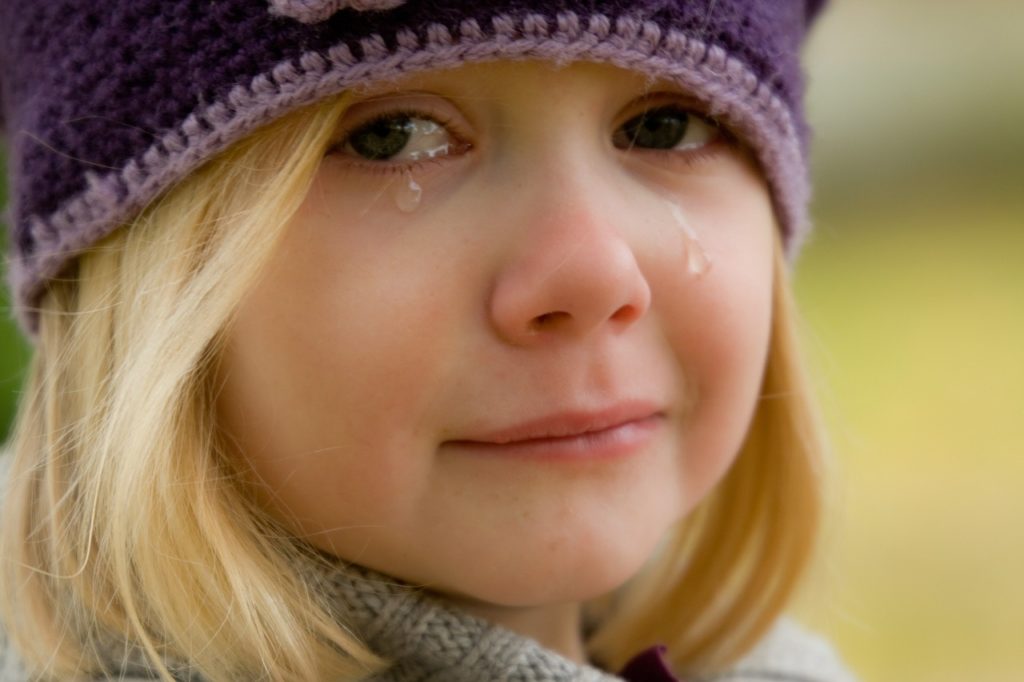News
Children with TBI may be vulnerable to psychiatric disorders up to five years later

The symptoms that follow a traumatic brain injury or concussion are well documented, including headaches, nausea, memory problems, and even issues with vision. All of these typically last between a week to a month after the injury then typically fade away.
However, relatively little research has been done into the potential long-term effects of brain injury.
Now, a new study presented at the 2018 American Academy of Pediatrics National Conference & Exhibition suggest children may be particularly vulnerable to long-lasting neurological and psychiatric disorders after TBI.
According to the findings, children who have experienced a traumatic brain injury face a significantly higher risk of developing headache issues, depression, and mental or intellectual disorders up to five years after their injury.
The long-term impact of traumatic brain injuries (TBIs) on children underscores the critical need for comprehensive psychiatric support.
As these young individuals navigate the aftermath of their injuries, they often face challenges such as depression, anxiety, and cognitive difficulties that require ongoing care.
Psychiatry therapy plays a pivotal role in helping children and their families address these issues, providing tailored interventions that foster healing and development.
Central to this care is a focus on creating a safe, supportive environment where children can process their experiences and build resilience.
In many cases, effective treatment plans may include psychiatrist medication management alongside therapeutic approaches like cognitive-behavioral therapy (CBT).
This combination ensures that both the neurological and emotional facets of recovery are addressed. Medication management by a psychiatrist helps regulate mood, manage persistent headaches, or alleviate anxiety, allowing the child to engage more fully in their therapy and daily activities.
With the right support, children recovering from TBI can achieve improved mental health outcomes and regain a sense of normalcy in their lives.
In the study, researchers from Boston Children’s Hospital reviewed data on children collected in the Military Health System Data Repository. Specifically, the team compared the long-term outcomes of those diagnosed with a traumatic brain injury to those experienced by children with an orthopedic injury.
Of the children with brain injuries, 55% had experienced a mild TBI, 41% were diagnosed with a moderate TBI, and 4% had a severe traumatic brain injury. Among these children, 39% later developed neuropsychiatric symptoms including:
- 15% reported headaches
- 15% were diagnosed with a mental disorder
- 13% were diagnosed with an intellectual disability
- 5% experienced clinical depression or anxiety
- 4% experienced seizures
- 4% showed observable brain damage
In comparison, approximately 16% of the children who experienced orthopedic injuries later developed neuropsychiatric symptoms, such as:
- 8% showed an intellectual disability
- 4% were diagnosed with a mental disorder
- 3% experienced clinical depression or anxiety
- 2% reported headaches
Additionally, less than 1% of those with orthopedic injuries later experienced seizures or observable brain damage.
“With the incidence of concussion and traumatic brain injury rising in this nation’s children, it is vital that we continue to evaluate mechanisms for prevention and treatment,” said Lindsey Armstrong, MD MPH, surgical critical care and research fellow, Boston Children’s Hospital. “These data provide evidence to support close monitoring of injured children, even years after the event.”
The researchers also evaluated the overall recovery of children up to five years after their injury. According to the data, just 59% of children with a TBI were entirely symptom-free after five years, compared to 80% of those with orthopedic injuries.
“While primary prevention is most important, early recognition and education are essential to ensure the best possible outcome for these children,” Armstrong said. “Neuropsychiatric diagnosis following traumatic brain injury can cause impairment in cognitive function thus affected children may experience difficulty in school or with personal relationships. It’s our hope that data we are presenting will help clinicians identify children at increased risk, resulting in improved follow-up and care.”



